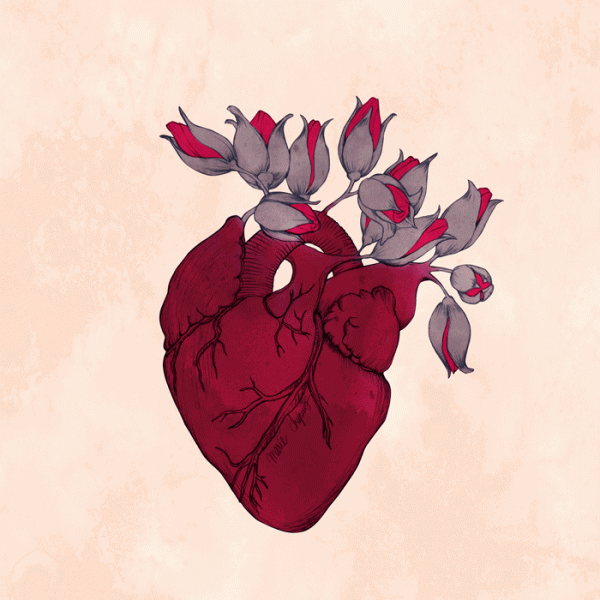Your Most Valuable Qualification Is Being a Good Person

The most valuable qualification you have is being a good person. Of course, this qualification is not awarded by schools or universities, but rather along the path of life. So, whatever our paths may be, if we have good values, they will be reflected in our actions.
However, with respect to this, it is important to mention that if we believe that we must always “be good”, we will get stuck in a loop that’s hard to get out of, because we can’t always be kind and do the right thing given that things aren’t always black and white.
What I mean by this is that there are times when doing the right thing according to our values would cause some kind of suffering that we don’t want and that, of course, isn’t good. When damage is inevitable, being a good person requires us to minimize the damage implied in doing the right thing.

Our ability to love and to work reflects our maturity
As Sigmund Freud once said to his disciple Erik Erikson, the ability to work and to love are two wonderful indicators of true maturity. Good performance in these two areas of life is built faithfully alongside our emotional maturity.
That’s why it’s not strange that, as Howard Gardner said: “a bad person will never be a good professional”. Personal kindness is really observed in the coming together of a set of values that help us to be better with ourselves and with those around us.
However, to avoid falling into mere sentimentalism, lacking in self-criticism, we must make sure our balance doesn’t tip towards thinking that everything can be resolved through dialogue, tolerance and solidarity. Nor is it healthy to think that strength and intolerance are the most appropriate paths to resolve problems.
Good and bad, yin and yang, white and black coexist and structure our world and our personality. So, being a good person should be understood as a balance of strengths based on good values and therefore mutual respect.

We gain nothing from believing that we are saints and others are devils. We gain nothing from believing that we are chronic victims and that all the people around us are the makers of our problems.
In terms of emotions, it is more intelligent for us not to confuse tolerance with “being good”, because in this case we would be equating it to terms like resignation and other concepts derived from the language of self-help. This does not result in direct benefit but rather, as we’ve mentioned, gets us stuck in an insane loop.
When I refer to “being a good person”, I’m talking about being a person with dignity and good values, not letting yourself be crushed because “we should show the other cheek”. We have a series of assertive rights that we should always keep present to help us value ourselves and others:
- The right to be treated with respect and dignity.
- The right to have and express our own feelings and opinions.
- The right to be heard and taken seriously.
- The right to judge my own needs, set my priorities and take my own decisions.
- The right to say “NO” without feeling guilty.
- The right to ask for what I want, realizing that the person I’m speaking to has the right to say “NO”.
- The right to change.
- The right to make mistakes.
- The right to ask for information and be informed.
- The right to get what I’ve paid for.
- The right to decide not to be assertive.
- The right to be independent.
- The right to decide what to do with my property, body, time, etc., as long as I don’t violate the rights of others.
- The right to be successful.
- The right to enjoy.
- The right to rest and isolation, being assertive.
- The right to improve myself, even overtaking others.

So, if we examine these rights, we can see that assertiveness helps us to keep our values in line and safeguard the dignity of ourselves and others. Respecting our rights is the best guarantee to help us be good people (not do-gooders), together with balancing our personality and our character.
We don’t get this qualification by going to university, but rather by examining ourselves and doing the inner work to assess the clash between our values and our concerns. That is to say, putting the dignity and rights of all people first and testing our ethics and morals (even if this means entering into conflict).
This text is provided for informational purposes only and does not replace consultation with a professional. If in doubt, consult your specialist.








